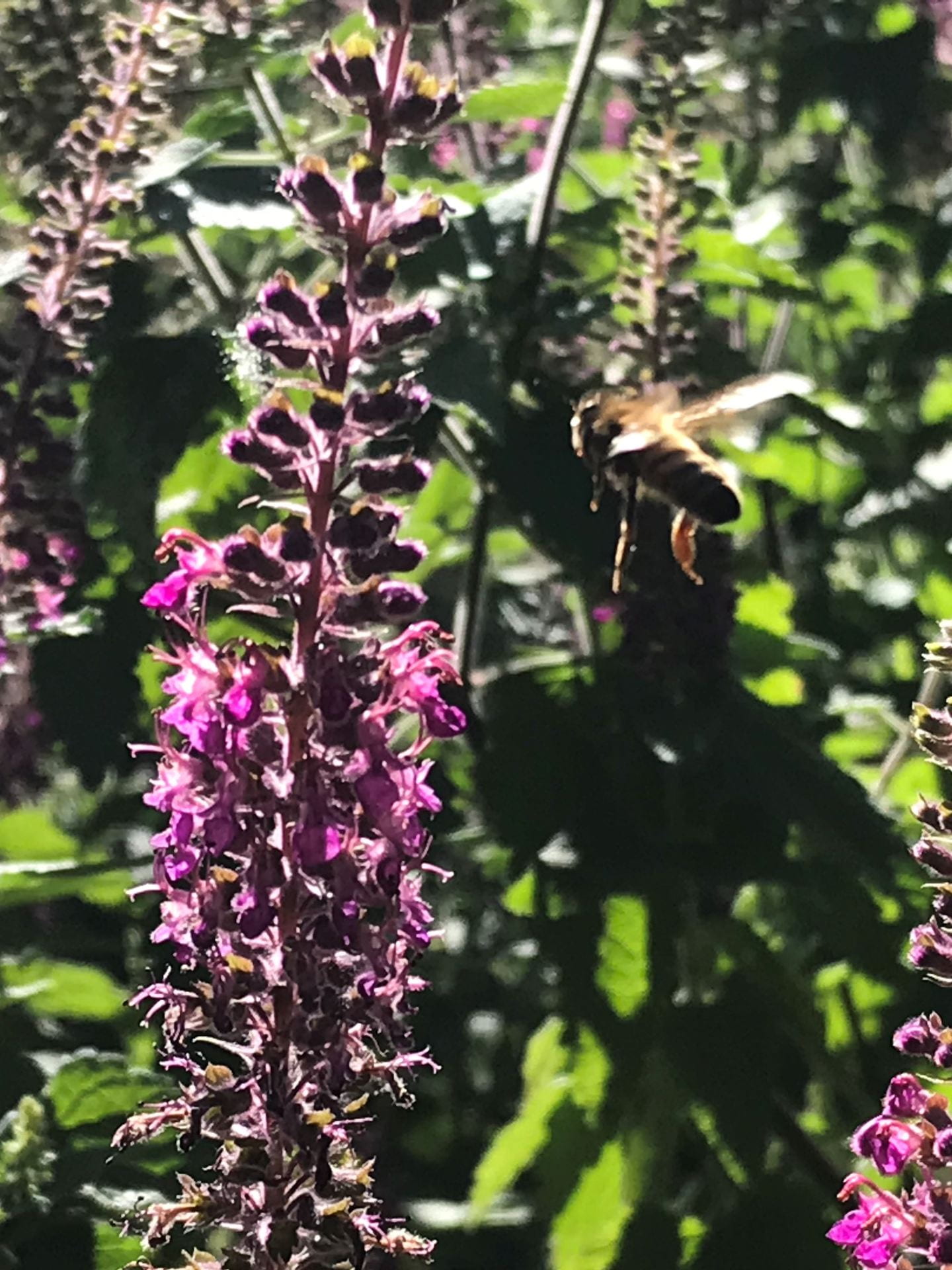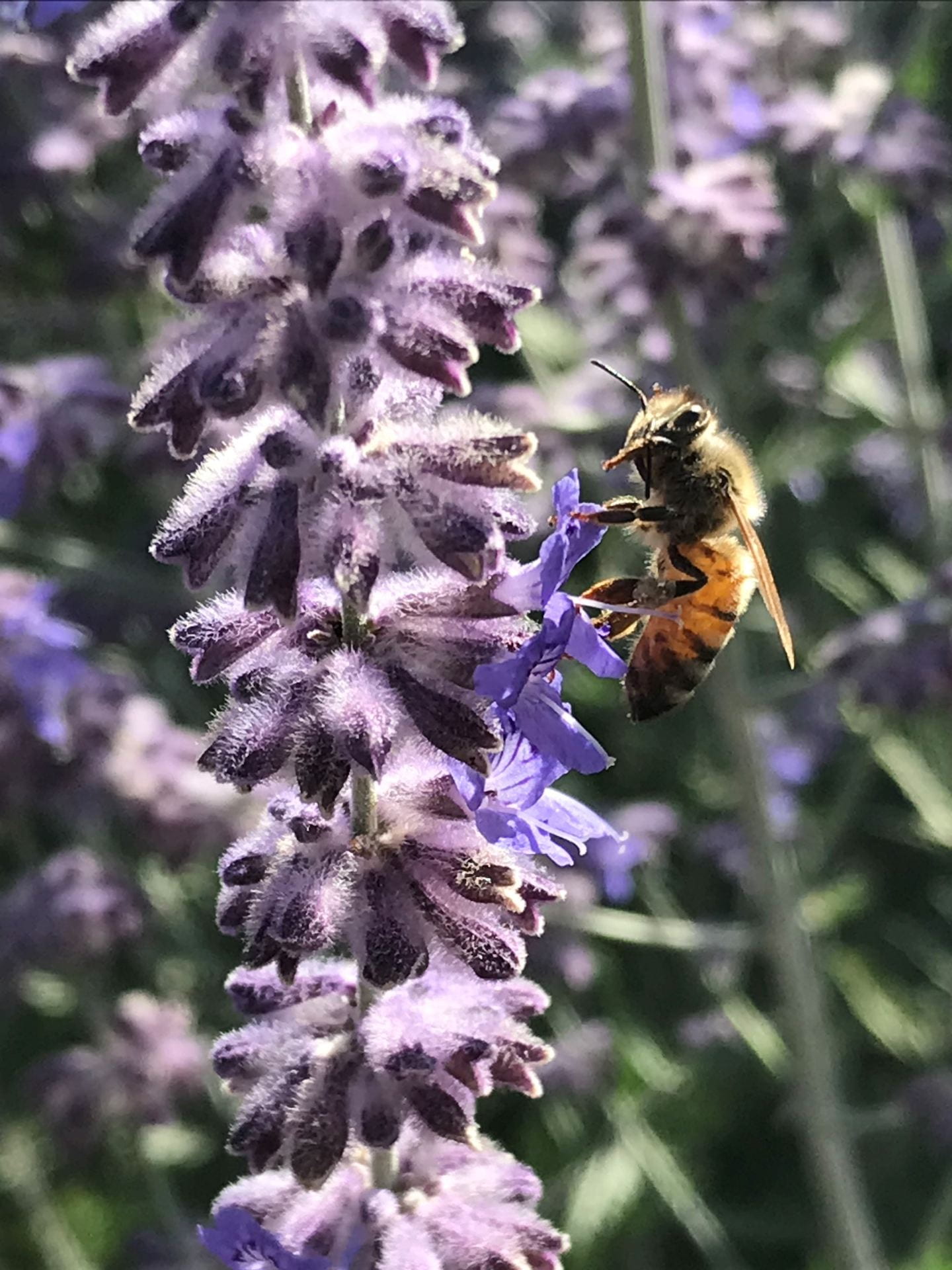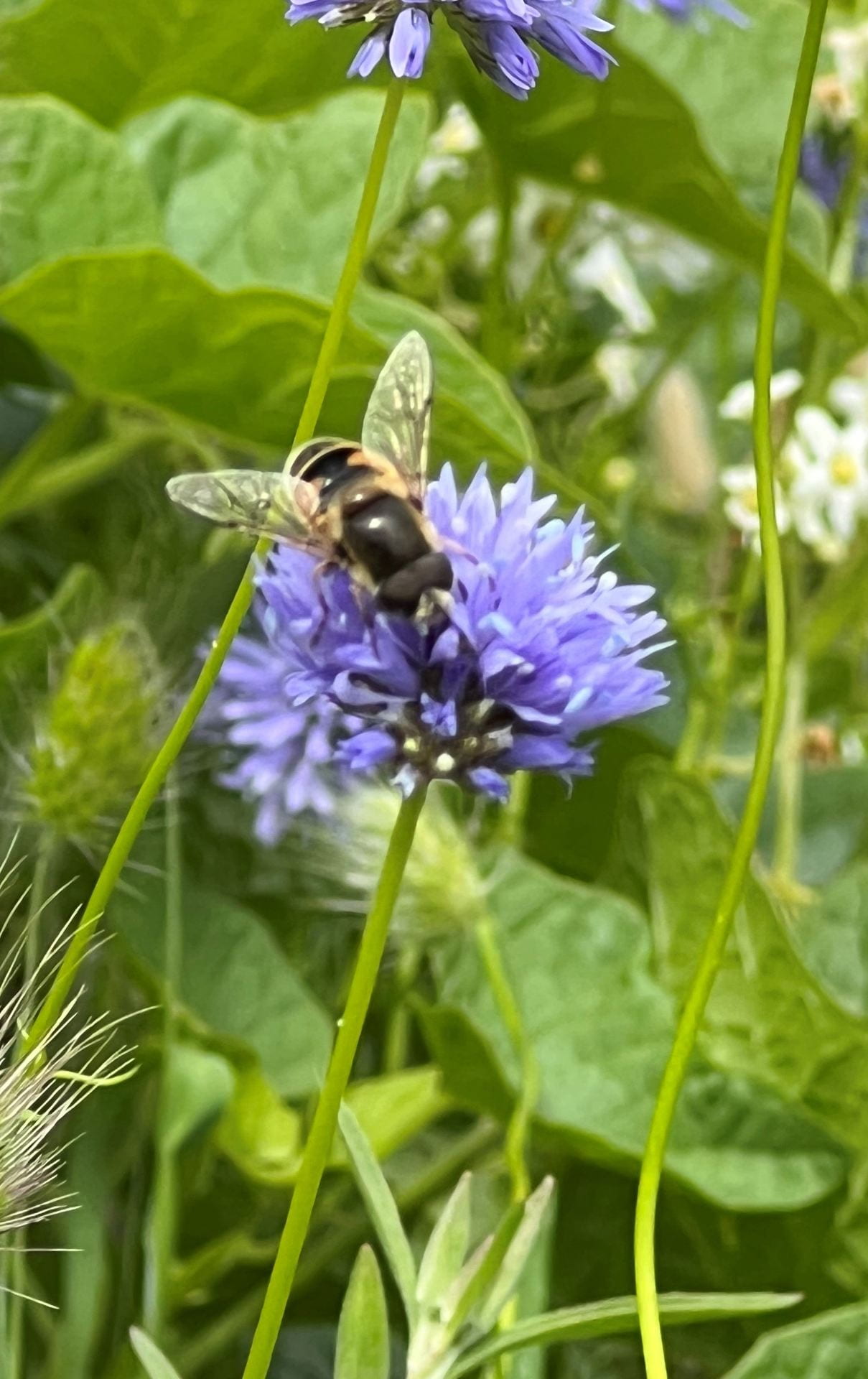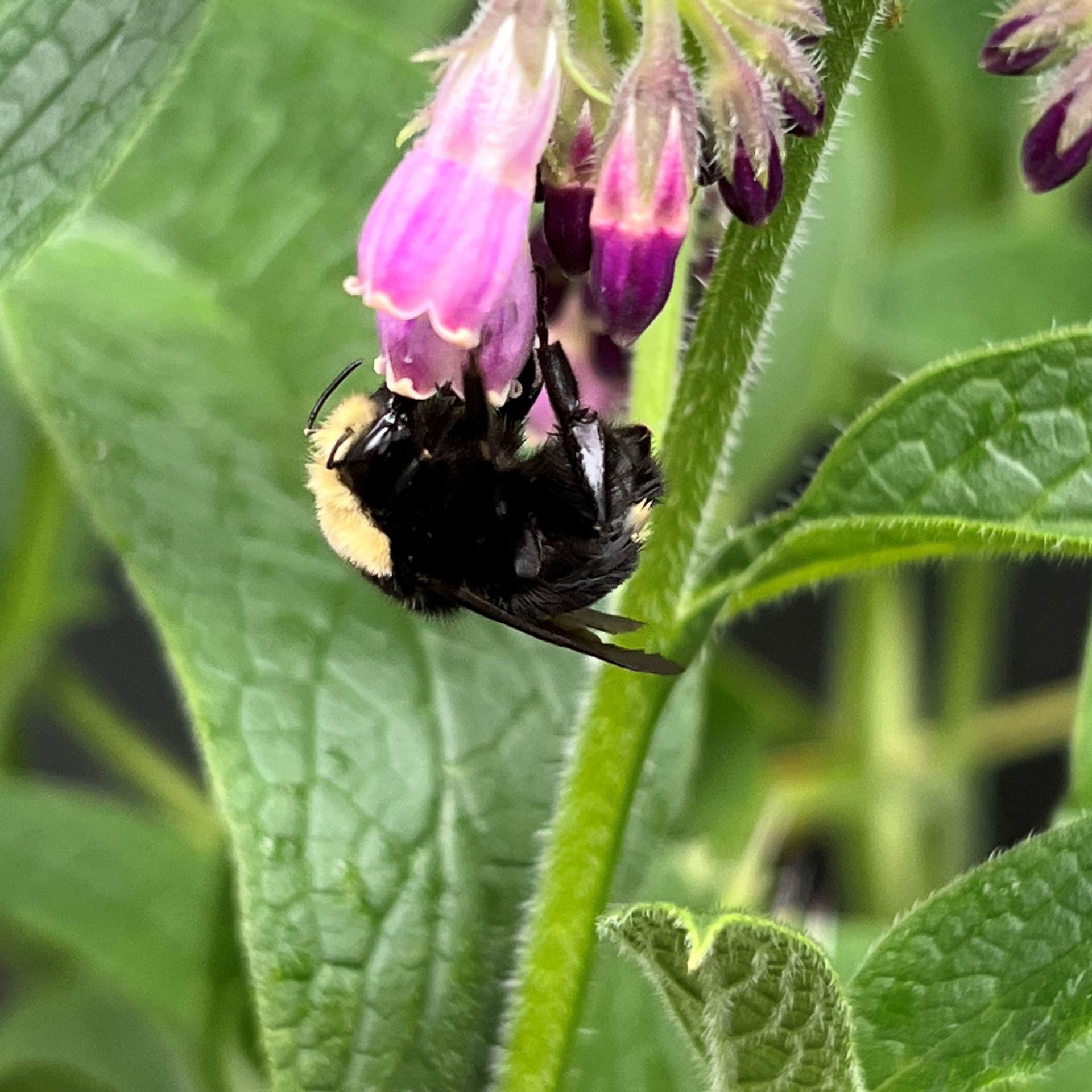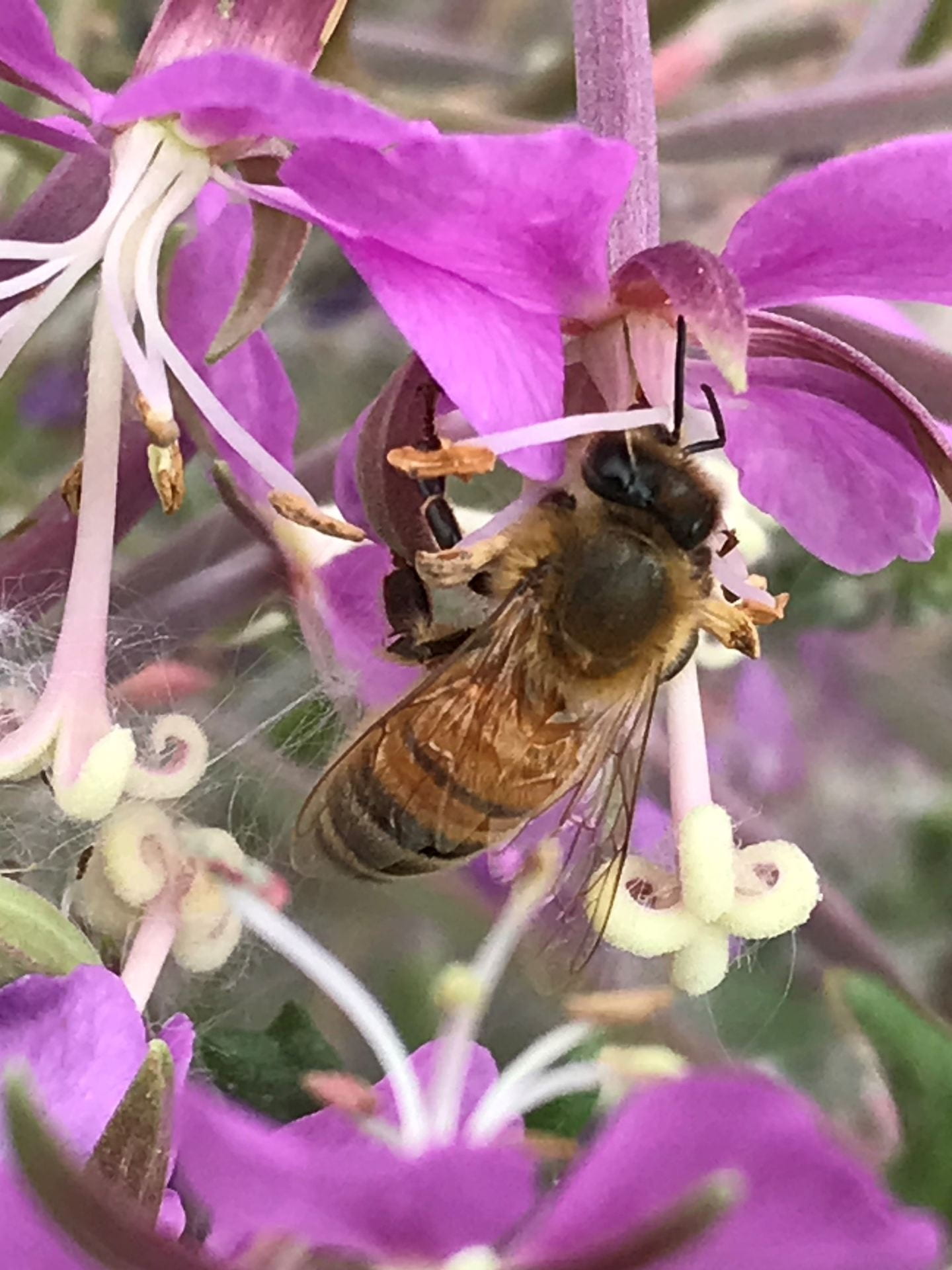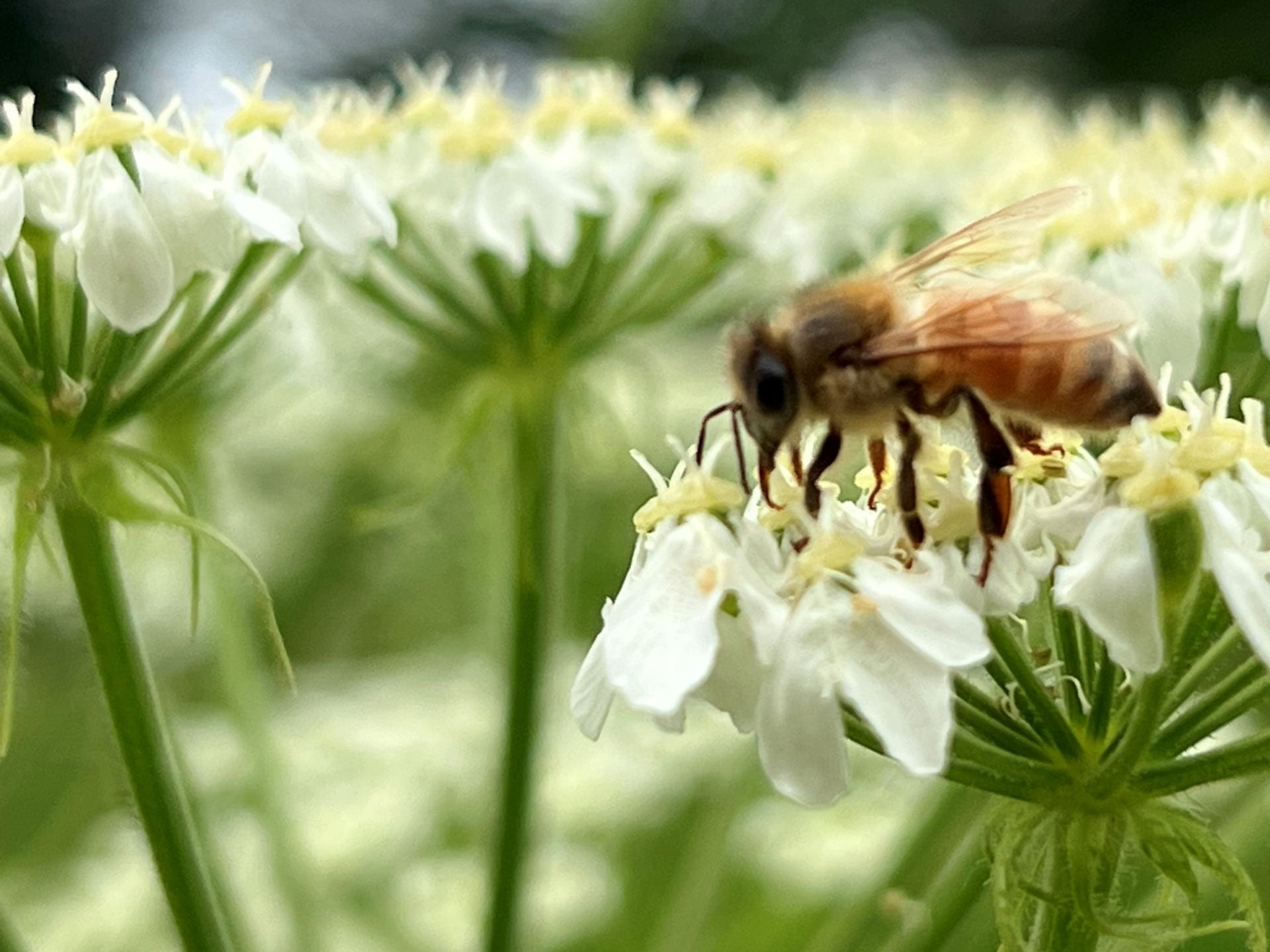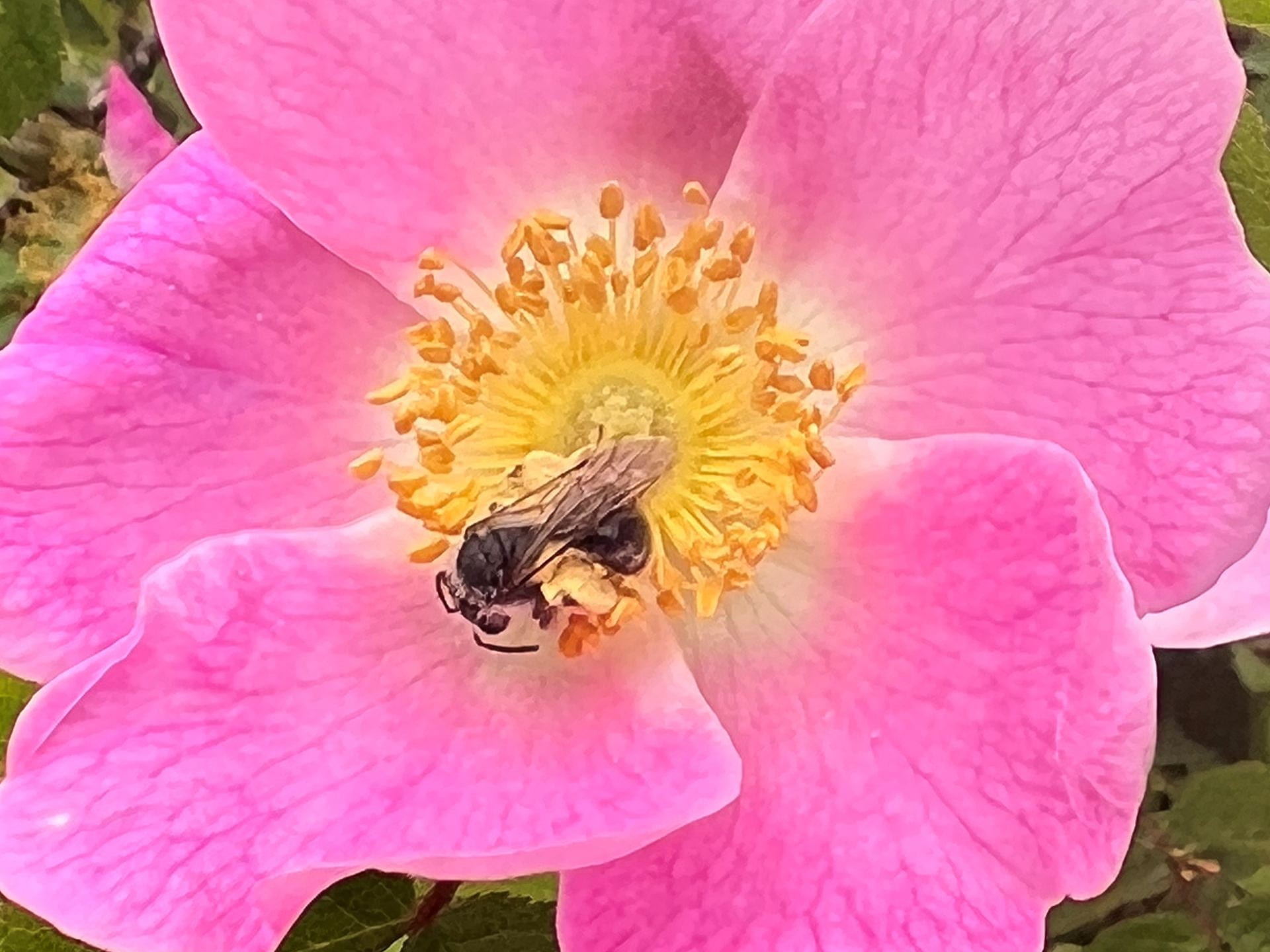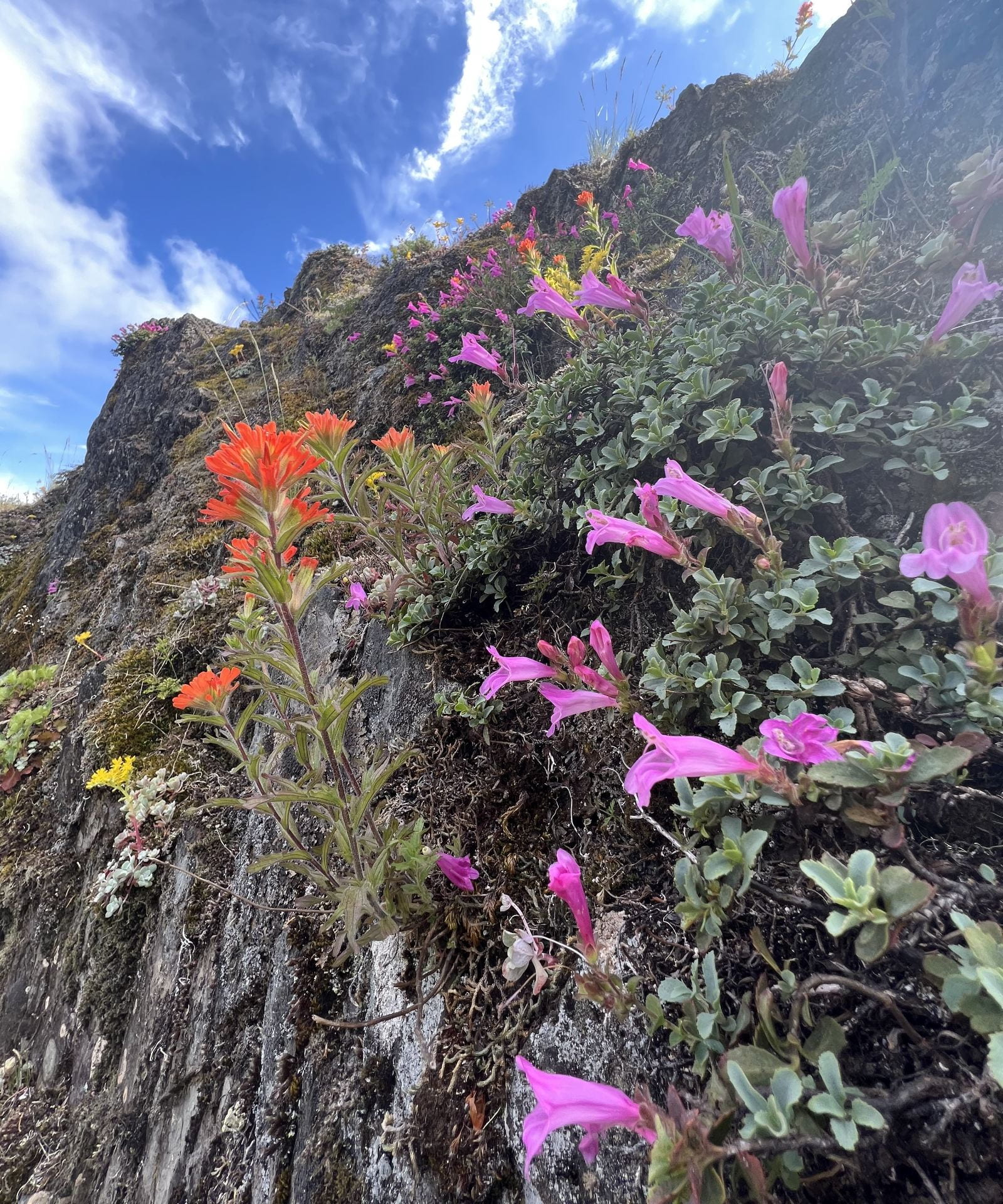Methods
Finding A Path Forward
Talking Stories is dedicated to integrating hunter-gatherer literature, science, and philosophy into the Western educational system in a way that respects Indigenous traditions and customs surrounding their use. The path to integration is fraught with challenges. Chief among these is finding a balance between cultural exchange and cultural appropriation. In undertaking this journey, Talking Stories has sought guidance from both Indigenous and Western knowledge holders.
Photo by Michelle Scalise Sugiyama
Stories are selected for inclusion in the Talking Stories Encyclopedia in the spirit of guidelines set forth by Vine Deloria Jr.:
“I have a rule when quoting elders and traditional leaders in a book. Basically the stories belong to them, and so I do not want to be the first person to put a story in print. I therefore try to find a published account.”
—Deloria (1997:xv)
Talking Stories only posts intellectual materials that were collected with permission, and does not post secret, sacred, or power-giving knowledge. Indigenous knowledge holders decided which stories (or which parts of them) they wanted to tell and which they did not. Common reasons for declining to tell a story were: (1) the informant did not know the story well and thus did not feel qualified to tell it; (2) the informant did not have the right to tell the story because it belonged to another person or lineage; or (3) the story was regarded as sacred or powerful and the informant did not feel it was safe or appropriate to tell it. For example, an Ayoreo narrator omitted part of a story with the power to cause harm: “What follows is a very complicated part of the story and is tabu. If I were to tell it all a train would be derailed” (Wilbert & Simoneau 1989:267).
Photo by Michelle Scalise Sugiyama
Photo by Michelle Scalise Sugiyama
“Some knowledge had to be kept in family lines. Other knowledge could be sold or bought by anybody. . . . The old people were also careful to protect those whom they thought might be harmed by certain kinds of knowledge. They believed, for example, that women and children were usually not strong enough to hold much spirit power. They were afraid the power might backfire on such persons and make them sick, so they seldom taught songs or words for power to women and children.”
—McClellan (1987:251)
Talking Stories is a non-commercial website. Stories featured in the Encyclopedia were documented by anthropologists, linguists, and other researchers in the nineteenth and twentieth centuries. Most were originally published in academic journals or monographs; thus, they were shared for educational purposes, not for profit. Some stories were recorded in their language of origin and then translated into English, while others were obtained in English only.
Photo by Michelle Scalise Sugiyama
Photo by Michelle Scalise Sugiyama
To the best of our knowledge, all stories featured in Talking Stories are in the public domain. Ultimately, however, they are the intellectual property of the person who shared them. To honor this, Talking Stories attributes Indigenous knowledge keepers and artists whenever possible. In so doing, it may mention the names of deceased persons. Talking Stories apologizes for any offense this may cause. To preserve the integrity of traditional knowledge and teachings posted on the site, Talking Stories uses the most restrictive Creative Commons license, CC-BY-NC-ND. This license permits sharing but prohibits modification or commercial use of content, and requires author attribution. Talking Stories understands “author attribution” to include acknowledgement of story narrators and their culture of origin.
Talking Stories examines content, not meaning: it does not speak to what a story “means” to a given individual, community, or nation. The aim of Talking Stories is to sharpen our understanding of the origins of storytelling by viewing it through the lens of the hunting-and-gathering context in which it emerged. To this end, it elucidates what Vine Deloria Jr. refers to as “commonsense” (1997:36) ecological information, and the formal devices used to transmit it.
Photo by Michelle Scalise Sugiyama
Photo by Michelle Scalise Sugiyama
“I believe that traditional ecological knowledge should take its rightful place alongside modern scientific knowledge.”
—Hunn (1993:14)
The narratives in the Encyclopedia were documented at a time when many Indigenous peoples still practiced a traditional foraging way of life, or had experienced it in their youth. Sadly, this is no longer the case: while some members of Indigenous nations gain part of their subsistence from wild foods, few subsist entirely by foraging, and all have been subject to massive changes due to colonization, epidemics, resettlement, and missionization. To distinguish between these two periods in human history, when referring to these nations as hunter-gatherers the past tense is used, and when referring to them as they live today the present tense is used.
Photo by Michelle Scalise Sugiyama
In deciding what and what not to post, Talking Stories follows the teachings of diverse Indigenous and Western knowledge holders, and gratefully acknowledges their guidance:
Photo by Matthew T Rader
